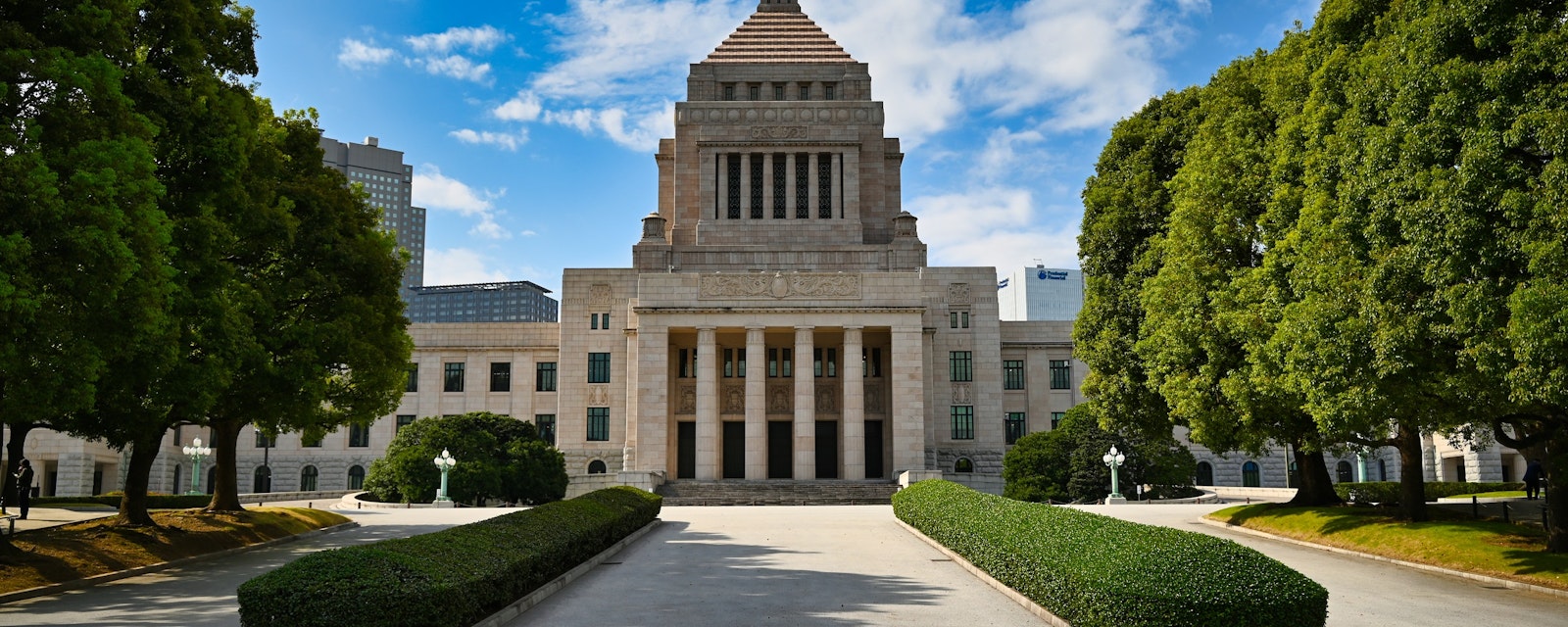Fumio Kishida has won the LDP leadership race, leveraging Diet members’ support to edge out grassroots favorite Taro Kono in both rounds of the vote. Known as a moderate but mutable right-winger, Kishida is set to govern with a slightly ‘kinder’ variant of Abenomics and a continued commitment to digital transformation and climate change policies. On foreign policy, he has become more hawkish towards China, and will continue to support close cooperation with the Quad and Europe as he seeks to improve Japan’s economic security.
The turning point in the count was when it emerged that Kishida had secured almost 30% of the votes of the Liberal Democratic Party (LDP)’s 1.1 million local members, who had an equal voice in the first round to its 382 Diet members. This was more than ten points ahead of where most polls had put him. In contrast, Taro Kono’s 44% share of that constituency was several points below his peak polling and some distance short of the numbers needed to offset his relative lack of support among parliamentary colleagues, who were put off by his reputation as a go-it-alone maverick and his long-term goal to phase out nuclear power. With only 47 prefectural party votes available in the second round, the party’s gerontocratic faction bosses rallied two-thirds of the parliamentarians behind Kishida, and Kono’s hopes of victory went into meltdown. Kishida now begins a three-year term as party president, and with the LDP holding majorities in both houses, his election as Japan’s next prime minister in a specially convened Diet session on 4 October is now a formality. In terms of leading the party into November’s Lower House election, he is likely to prove less popular among the general electorate than Kono would have been, but the LDP are still highly likely to retain power, though may need additional support from their ‘eternal coalition’ partners Komeito.
Kishida, like Kono, is a former foreign minister and scion of a long political lineage, and has a reputation for being softly spoken and generally well respected. As former PM Shinzo Abe’s foreign minister from 2012 until 2017, he helped seal Japan’s 2015 agreement with South Korea on the comfort women issue that marks a high-water mark in recent bilateral relations, and he also played a role in arranging President Obama’s historic 2016 visit to his native Hiroshima. From 2017 until 2020 he served as LDP policy chief, a party role that gives broad oversight of government policy and which is often a springboard to the top job. Once rumored to be Abe’s preferred successor, his leadership bid last year was undone by perceptions that he lacked grit and would be unable to carry the wider party. After coming a distant second in that race, Kishida was not given a berth in winner Yoshihide Suga‘s cabinet, and an attempt to restore his political reputation this spring went awry when the by-election candidate he championed on home turf lost. As such, his victory marks an interesting political comeback, though it is as much the result of internal party processes as popularity.
Kishida has something of a reputation for being politically mutable, even malleable, and his shifting positions on ultraloose monetary policy (now in favor), fiscal consolidation (no longer a medium-term goal), and foreign policy (once dovish, now more hawkish) reinforce that. Judging by his policy agenda in this race, he will look to govern with a slightly kinder variant of the Abenomics framework of loose monetary policy, flexible fiscal policy, and structural reforms. His talk of advancing a new kind of Japanese capitalism is hyperbolic, but after a sizable infusion of short-term stimulus in the coming months, Kishida is likely to pursue policies that partly address rising inequality and could tweak investment income tax as part of this. Like other candidates in the race, he promised to continue Suga’s priorities of digital transformation and climate-change policies in pursuit of a 46% reduction in 2013 emissions levels by 2030 and carbon net zero by 2050. Overall, a radical departure from the Abe/Suga path is not likely, certainly on the two-year horizon.
On foreign policy, major shifts are also not to be expected, though Kishida looks set to pursue a somewhat more muscular defense posture, with China a prime concern. He has spoken of his deep alarm with regard to Beijing's activities in the region, and of his desire to work with democratic partners from the Quad and Europe. He plans to raise defense spending above its conventional ceiling of 1% of GDP, and favors having strike missiles that could target impending attacks from continental Asia, though the constitutionality of such ‘retaliate first’ capabilities is not clear. Economic security is also a priority, and Kishida has promised a strategy and minister to advance that agenda, which is likely to cover areas like critical technology supply chains. Like Kono, he was partially educated in the United States, in New York in his elementary years, and he is sure to be supportive of the Alliance and the Quad going forward.




